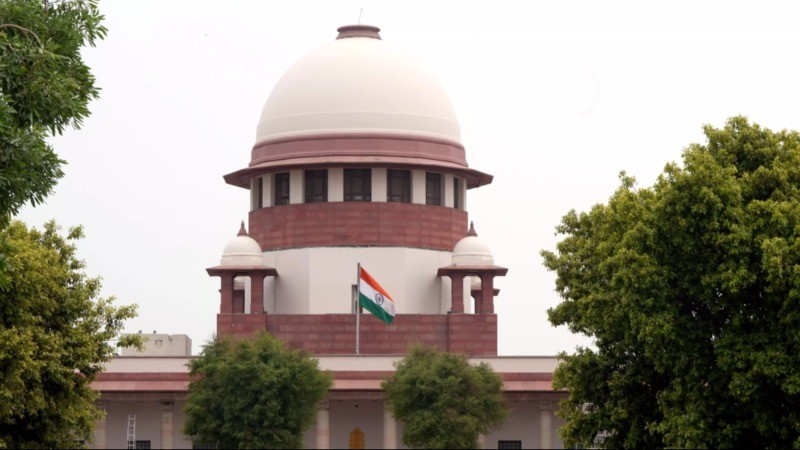
To curb student suicides and rising mental health issues among students in India, the Supreme Court has issued pan-India guidelines for educational institutions on Friday. "There remains a 'legislative and regulatory vacuum' in the country with respect to a unified, enforceable framework for suicide prevention of students in educational institutions, coaching centers, and student-centric environments", said a bench of Justice Vikram Nath and Justice Sandeep Mehta, while hearing an appeal against an order of the Andhra Pradesh High Court. The HC had rejected the plea demanding the transfer of the investigation over the unnatural death of a NEET (National Eligibility cum Entrance Test) aspirant in Vishakhapatnam to the CBI.
The bench issued 15 guidelines, saying that the measures should remain in force and binding until such time as appropriate legislation or regulatory frameworks were enacted by the competent authority. All educational institutions, including public and private schools, colleges, universities, training centers, coaching institutes, residential academies, and hostels, have to comply with the guidelines, irrespective of their affiliation.
All educational institutions were directed to take suggestions from the "Umeed" draft guidelines, the "Manodarpan" initiative, and the National Suicide Prevention Strategy to adopt a uniform mental health policy.
The bench said, "This policy shall be reviewed and updated annually and made publicly accessible on institutional websites and notice boards of the institutes."
The court also mentioned the Central Government's preventive actions to control the situation, with steps like Ummeed (Understand, motivate, manage, empathise, empower, and develop) draft guidelines. In 2023, the Ministry of Education released Ummeed to prevent suicides by school students. It said that, ensuring a broader reach, the Ministry launched "Manodarpan", mental health and well-being of students during the COVID-19 pandemic and beyond.
Passing a series of guidelines, the SC bench directed:
The bench further said, "We may clarify that these guidelines are not in supersession, but in parallel to the ongoing work of the National Task Force on mental health concerns of students, and are being issued to provide an interim protective architecture in the interregnum."
The bench has directed all states and union territories to notify rules within two months, including registration, student protection norms, and grievance redressal mechanisms for all private coaching centers. The Central Government has been ordered to file a compliance affidavit before the court with details of the steps taken to implement the guidelines and monitoring systems put in place.
The compliance report in the matter has to be submitted by October 27. As for the unnatural death case of the Vishakhapatnam teenager, the matter has been transferred to the CBI. Its director has been ordered to immediately register the case, and the investigation has been assigned to a team under the supervision of jurisdictional CBI superintendent.